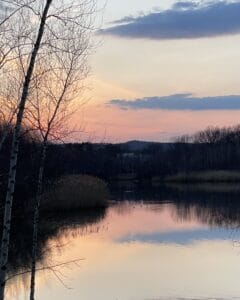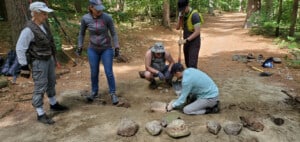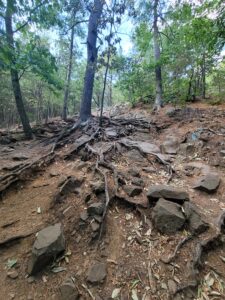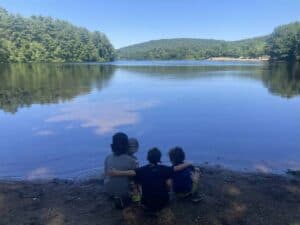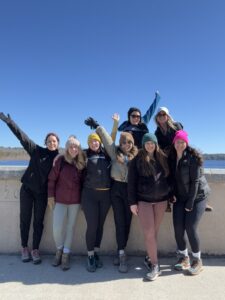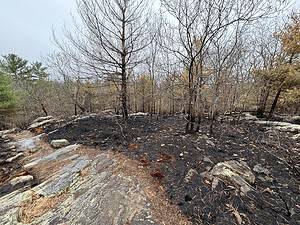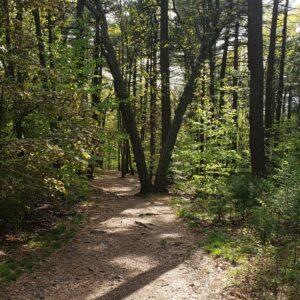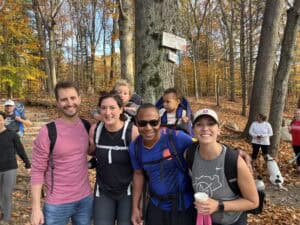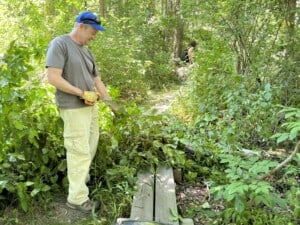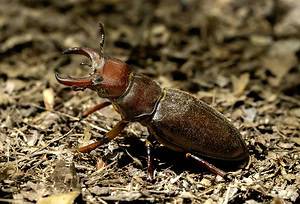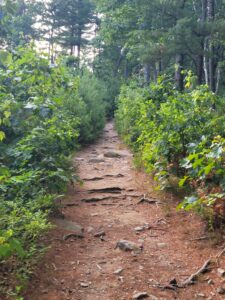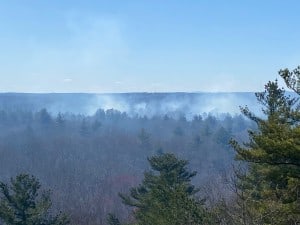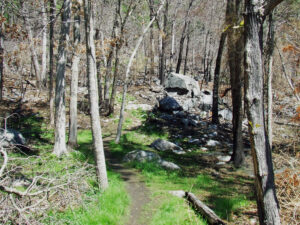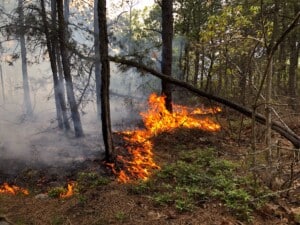Sponsored by the Blue Hills Climate Action Coalition
How will climate change alter the Blue Hills over your lifetime… and beyond? How has the park – and the climate – already changed and what can we do to address it? Watch the videos from the ‘Climate Change in the Blue Hills’ series to learn about the Blue Hills natural systems and critters… and what you can do to help protect them.
Wetlands and Vernal Pools of the Blue Hills: Who lives there, what do they do, and how will climate change affect these species?
Watch the video on wetlands and vernal pools
Permanent and temporary freshwater wetlands are critically important communities in Southern New England. They are home to some of the most unusual and unique plant and animal species in our area. These wetlands also provide vital ecosystem services upon which we depend. In this informal talk, Rick Kesseli, UMass Biologist and Friends of the Blue Hills’ Board member, looks at some of the unique creatures in these systems and discusses what they do and why they are important.
Recording Blue Hills Weather: What do the Climate Trends Tell Us?
Watch the video on weather and climate trends
The Blue Hill Observatory is the longest continually operating weather observatory in the entire country. This makes it an excellent climate study resource. Don McCasland, Program Director at Blue Hill Observatory and Science Center, will discuss the long-term homogeneous methods the center uses to collect climate data. The data, dating back to the mid-19th century, reveals important trends of warming temperature, shorter winters, greater extremes, and how it relates to climate data from other sites.
A Local Farm’s Approach to Climate Change
Watch the video on farming and climate change.
How most food is grown and transported has significant impacts on the climate and global warming. Approximately 20% of global greenhouse gas emissions is directly related to food production. Learn how you can reduce your carbon footprint by eating locally and choosing food from local and sustainable farms. In this video, Brookwood Community Farm’s farm manager Sara Rostampour discusses Brookwood’s commitment to sustainable practices and how you can become a member of its “community-supported agriculture” program.
Birds and Climate Change
Watch the video on birds and climate change
Although the rise of sea levels due to climate change have fairly direct impacts on coastal bird populations, changes in temperature and precipitation patterns also raise less obvious challenges for breeding birds in the Blue Hills and Massachusetts as a whole. This presentation, by Dr. Jon Atwood, Director of Bird Conservation for Mass Audubon, gives an overview of the impacts that changing climate conditions will likely have in bird populations in the Blue Hills, and suggest steps to address these problems.
Managing Climate Impacts on Diverse Plant Collections
Watch the video about climate impacts on plants.
The Mary May Binney Wakefield Arboretum is a 25-acre property that lies within the much larger Blue Hills and Neponset River ecosystem. The arboretum’s plant collection includes a very broad range of both native and non-native species. This allows a unique opportunity to study the impacts of a changing climate on a variety of species. In this video, Arboretum Director Debbie Merriam highlights some of the observations of the cascading impacts of a changing climate on plant species and its management strategy to adapt to these changes.
At the Foot of the Hills: Water and Watersheds in a Warming World
Watch the video on Water and Watersheds
Climate change is here, and waterways like the Neponset River and the neighborhoods around them are already seeing real impacts. Ian Cooke and Kerry Snyder of the Neponset River Watershed Association discuss the major “water changes” communities face, the risks they pose, and potential local solutions to protect the environment, and public health and safety.


